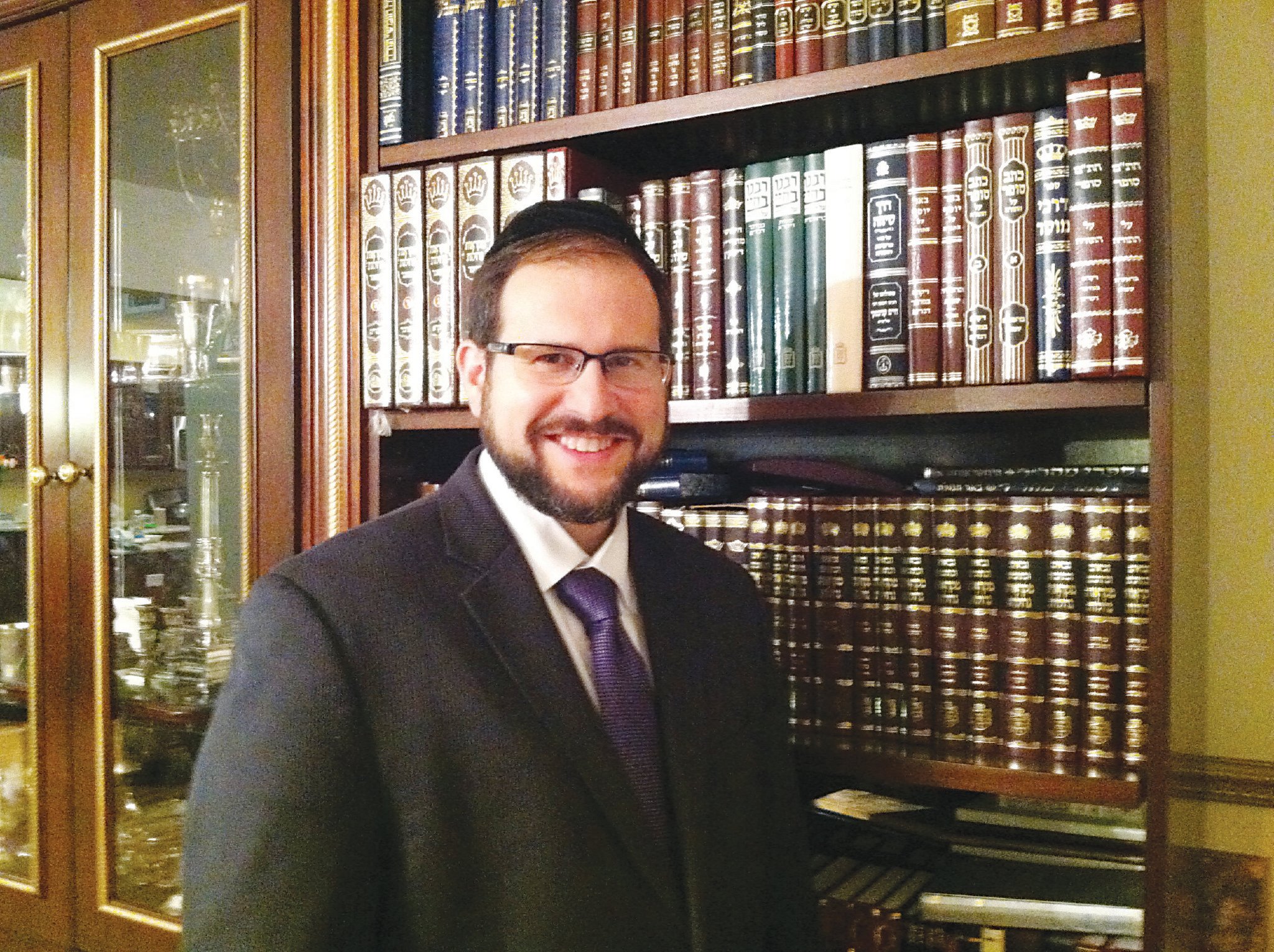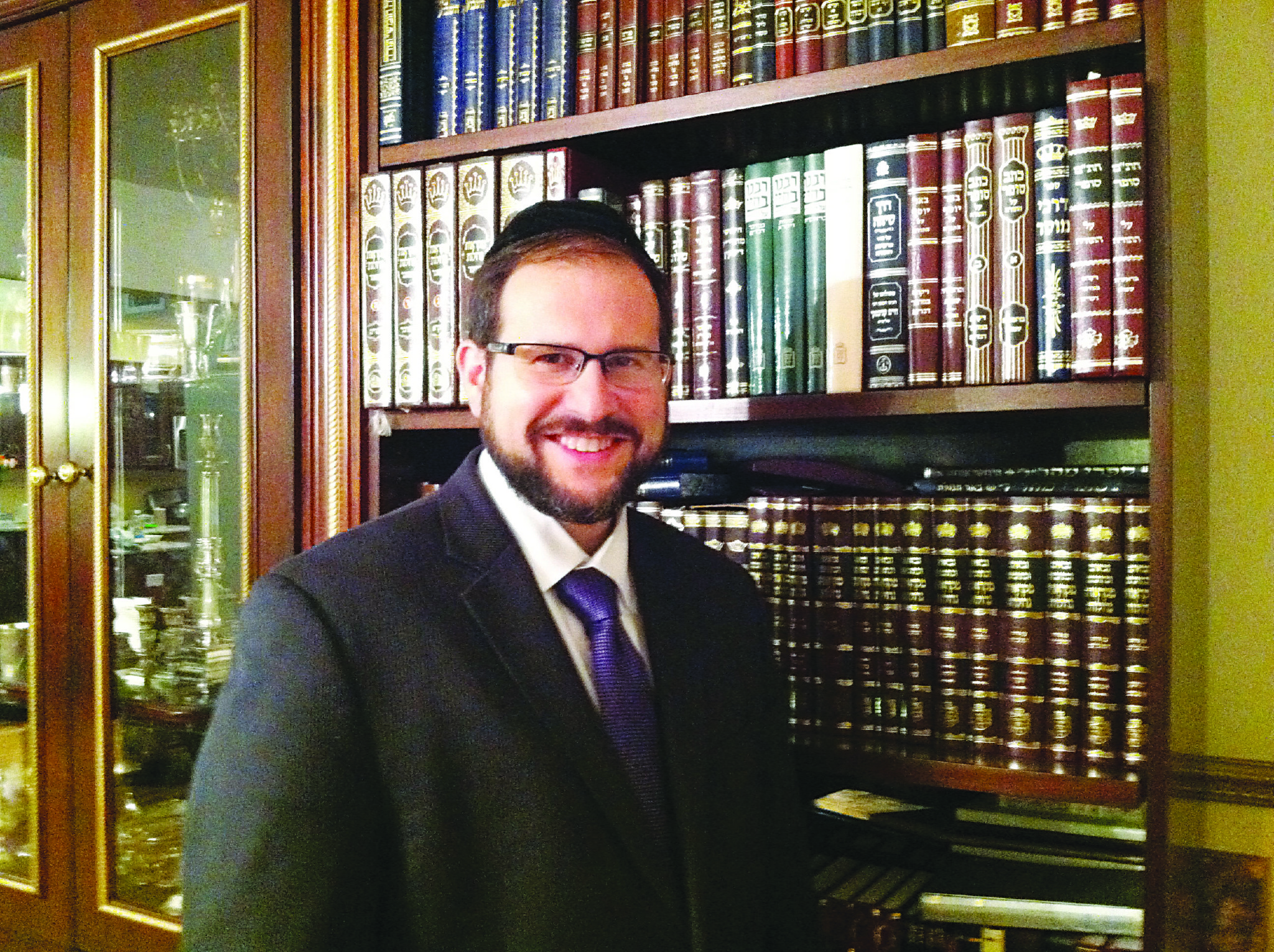
It takes a few days before I can sit and relax without worrying that someone is calling me on my camp radio. In fact, sometimes I still think I hear my name called, despite the fact that my radio has been shut off for the season. But soon enough life resumes its busy course.
One of the highlights of camp, and in many ways it’s crescendo, are the three days of color war. There are certain unwritten traditions about color war in every camp, including the need to have (or attempt to have) a surprise breakout, as well as a Grand Sing that culminates with the singing of the alma mater, which must contain the “tear-year” rhyme (e.g., “I just can’t help but shed a tear; I just can’t wait until next year”).
This year, too, we enjoyed a beautiful color war—intense and competitive, yet enjoyable and fun.
Another endemic component of color war is the long sleepless nights, at least for the staff. There’s hardly enough time as they scramble to produce quality songs, skits, plays, banners and speeches, within limited time. It’s all part of the experience, and for some reason the staff anticipates it and loves it.
I was reminded of years back when I was a counselor and experienced those three bleary-eyed nights of color war. At the time, Rabbi Noach Sauber (currently the learning director at camp) gave the staff shiur. There were over a hundred staff members packed into the room, which wasn’t air conditioned (these days you’ll be hard pressed to find a building in camp that’s not air conditioned).
Believe it or not, the shiur was taken very seriously. It was due to the combination of the high caliber of the shiur and Rabbi Sauber’s close relationship with the staff. He also took attendance every day and would follow up with any staff member who missed shiur.
During the days of color war, attendance was nearly perfect. To be honest, some may have dozed off during the shiur those three days, but everyone came.
Before shiur during one of those days, Rabbi Sauber shared a penetrating insight that I have never forgotten:
The Rambam (Hilchot Talmud Torah 3:12) writes about the virtue of learning Torah with exertion and dedication. Based on a pasuk in Kohelet, the Rambam (paraphrasing the Midrash) states: “The Torah that I learned b’af, that has been fulfilled within me.” The simple meaning of b’af is “in my anger.”
Rav Yitzchok Hutner, zt”l, once quipped that b’af can also mean “even so” (as in the Gemara’s lexicon: “af al pi kein”). In other words, it’s the Torah that one learns “even so”—i.e., when he has 10 excuses why he cannot or should not learn, and does so nonetheless, that really becomes internalized and builds him spiritually.
Rabbi Sauber continued that it’s particularly when one is exhausted after sleepless nights, or when the room is hot and humid, or whatever other justifications one has to not learn, that real growth takes place. The measure of greatness is not when one performs when he’s at his best, but how much he is able to produce when his resistance is low and he’s not feeling his best.
When one triumphs over his personal “af al pi kein,” that is where the road to greatness lies. That’s true in regards to all spiritual matters, even more so in regards to Torah study.
Those who are already sleep deprived and overworked, yet push themselves to learn Torah, perform chesed and daven properly—those are the real winners!
Rabbi Dani Staum, LMSW, is the rabbi of Kehillat New Hempstead as well as guidance counselor and fifth graderebbe in ASHAR, and principal at Mesivta Ohr Naftoli ofNew Windsor, and a division head at Camp Dora Golding. He also presents parenting classes based on the acclaimed Love and Logic methods. His email address is: stamtorah@gmail.com. His website is: www.stamtorah.info.
By Rabbi Dani Staum











